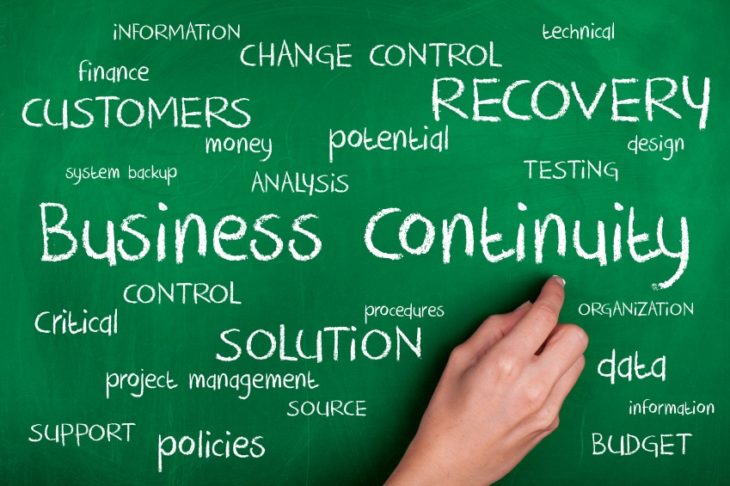To have a continuity plan means how well your company can deal with disruption from a disaster strike. Continuity plans are always as good as the IT strategies that enable them. IT departments mu play a very vital role in every aspect of business continuity, from planning to resource allocation and strategy to monitoring and implementation. Here are one of the most important steps you must take to implement a business continuity plan.

Source: businessfirstfamily.com
Proactive
A business continuity plan is not something that you have to implement at a time of a disaster. It is all about planning proactively and assessing all the risks before the problem happens. Learn how IT fits into every position in your company’s operations, from ordering to deliveries, from data storage and retrieval to voice capability.es By know how your IT is connected to all these functions, you will able to work with your colleagues in other departments of your organization to develop a very effective and cross-functional business continuity plan. Just remember that if you fail to develop a working continuity plan can prevent your organization from delivering your services and products on time, resulting in decreased sales and revenue, lost customer confidence and a big loss for your brand’s reputation.
If you have other unanswered questions about business continuity plans then check out Nexgen Tec.

Source: Nextiva
Communication dependencies
To be a useful partner in the business continuity process you will need to identify your business’s most valuable critical business functions and most valuable asses because those must be preserved in a disaster and assess how dependent your business is to those business functions and assets. To make this simple think about it this way. Organizations are connected across cities, offices, and continents; workers work with each other by using tablets, laptops, and mobile phones whether from remote sites or from home, meanwhile, your partners and customers expect instant access and response times. Now you need to ask yourself if a disaster happens like shutdown or an outage, which of these technology channels would be the most important to keep your most important business functions working? With which functions your business could survive without and for how long? Knowing the answers to these questions is a very crucial step toward building a good business continuity plan. If you think that your business is very dependant on telephone communications then make sure you consult your telecom provider. You will need to consider these few things:
- Talk to your telecom provider about their network reliability and durability status
- Have your telecom service build the required level of durability
- Ask your telecom provider for network audits of their routing or pathing

Source: smallbusiness.co.uk
Vulnerabilities
If you want to make a successful continuity plan you will need to identify all your company’s crucial assets, such as employees, business processes, networks, platforms, data, applications, facilities, and IT systems. Underasting which of these components of your business are the most important to run your daily operations will help you identify all your vulnerabilities in your network infrastructure and business processes. It will also help you understand how much of an impact a disaster would have on employees, stakeholders, and customers partners.
